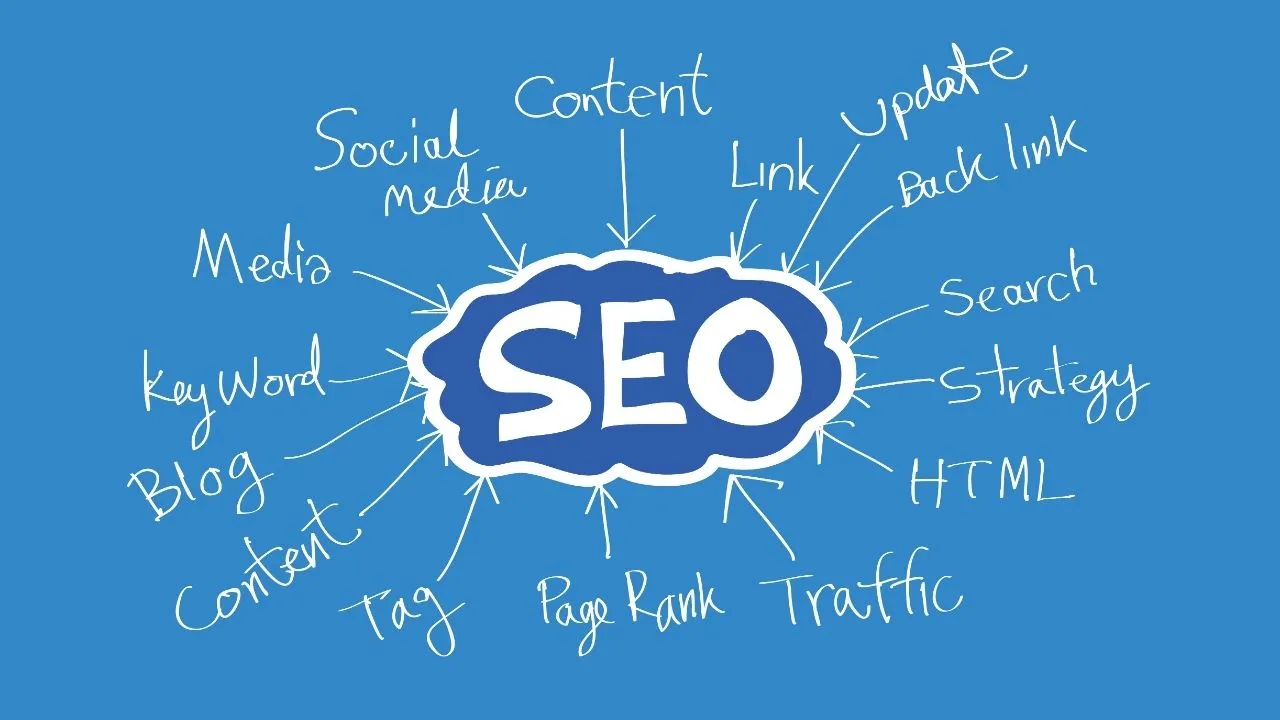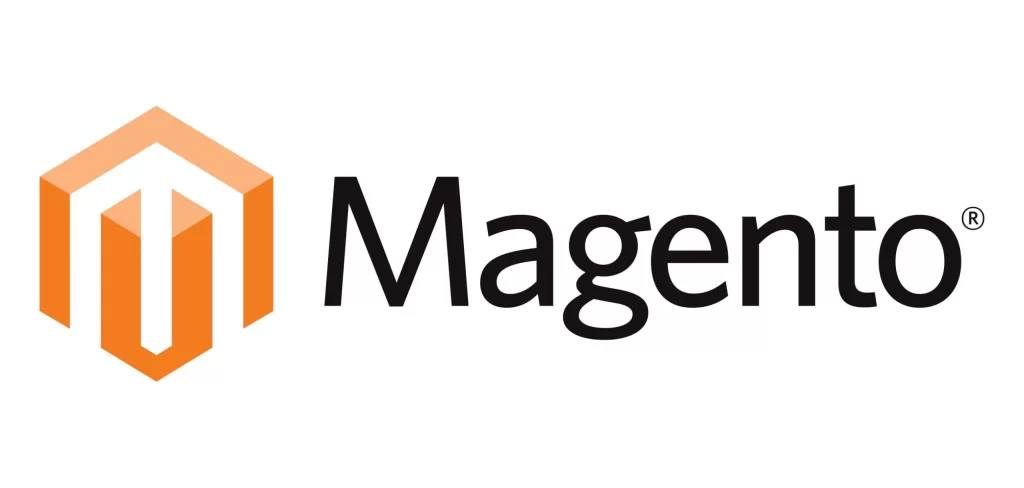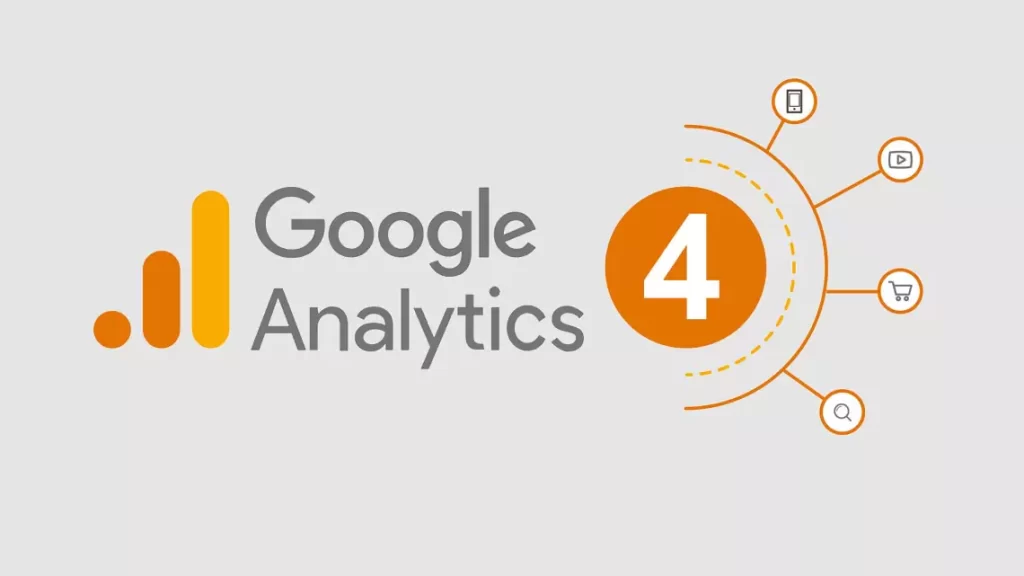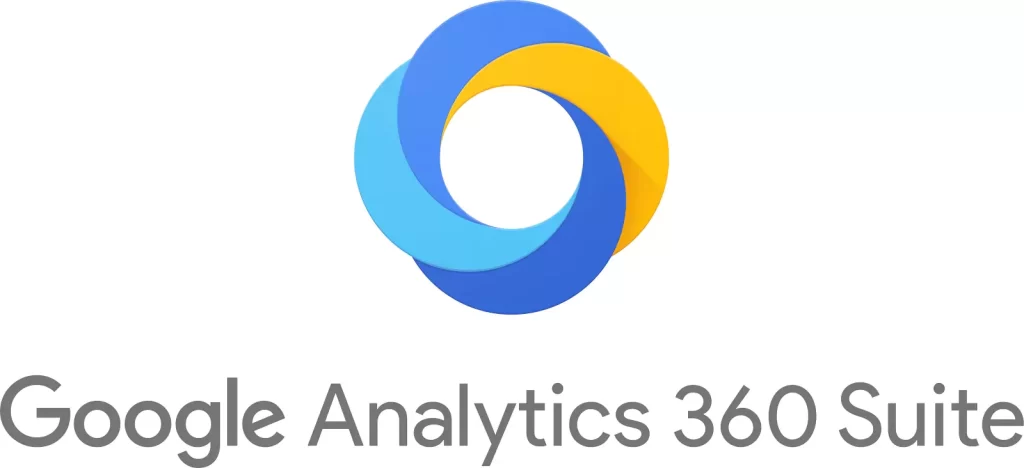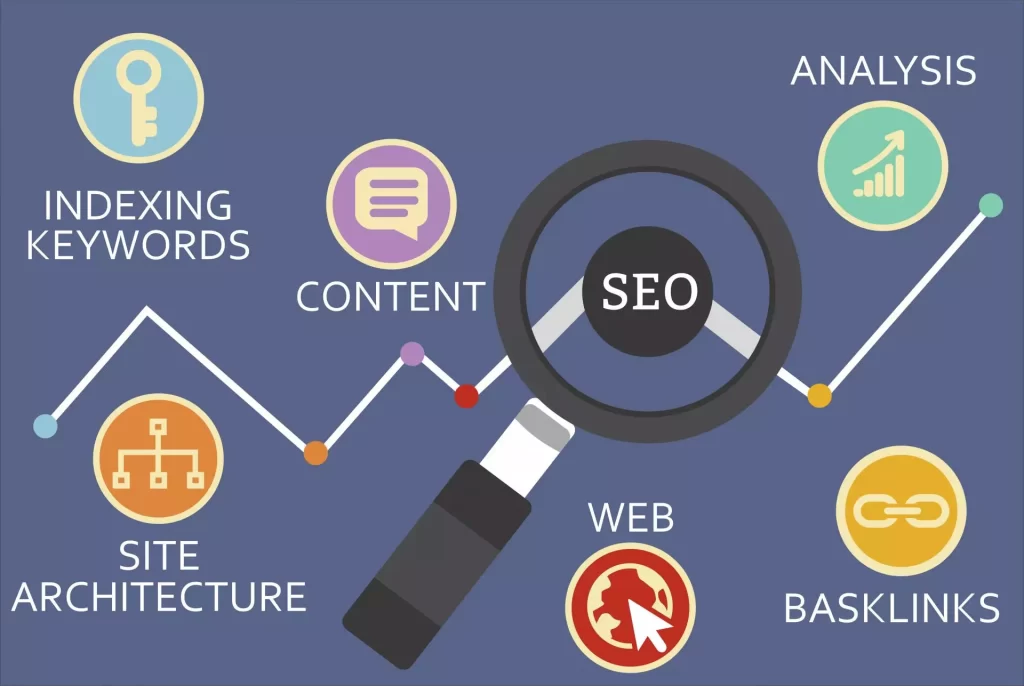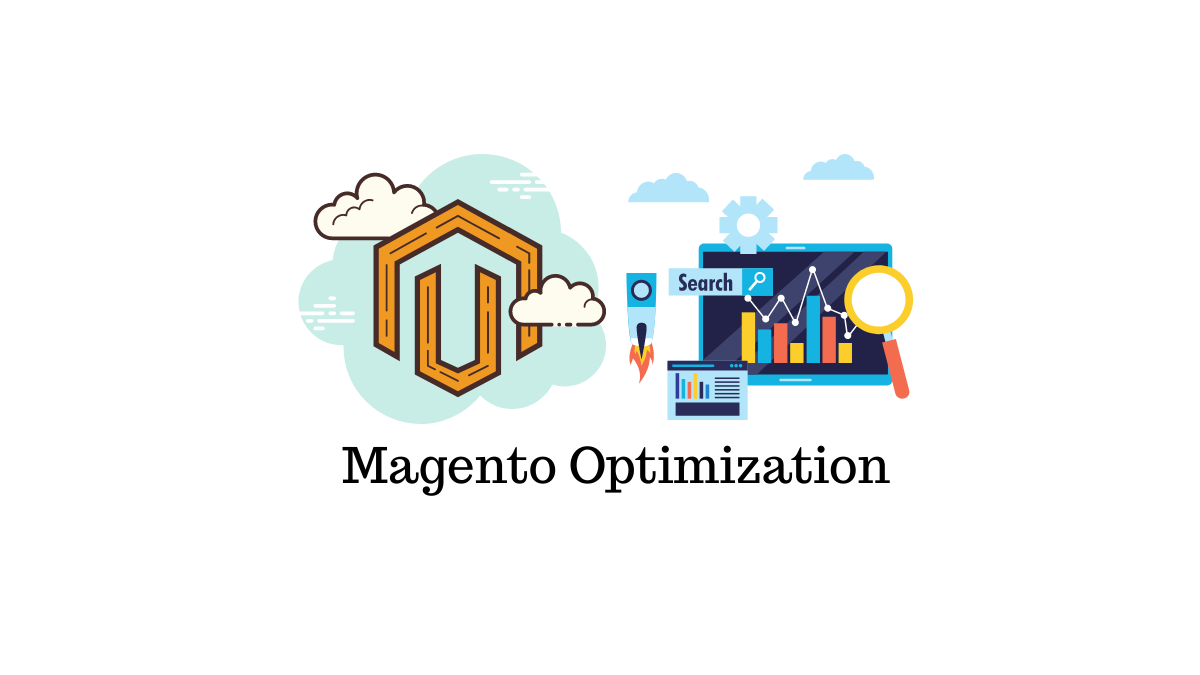What is SEO and why is SEO essential for the success of Magento stores? It’s likely that you’ve come across the term Search Engine Optimization, commonly known as SEO. However, you may still be uncertain about what SEO entails, its significance for your business, and how to initiate its implementation.
Content marketing and devising a plan to improve your search engine rankings have become crucial elements of a thriving digital marketing strategy.
As consumers increasingly rely on the internet to obtain information, they tend to prefer helpful and informative content over blatant advertising. As a result, it’s essential to comprehend and adopt SEO to ensure your business remains competitive, noticeable, and pertinent.
Magento is a widely-used platform for e-commerce websites, but having a website on this platform alone isn’t enough to guarantee success. SEO is an essential aspect for the success of an online store, and Magento store owners should pay attention to it to ensure their store’s visibility and attract more customers.
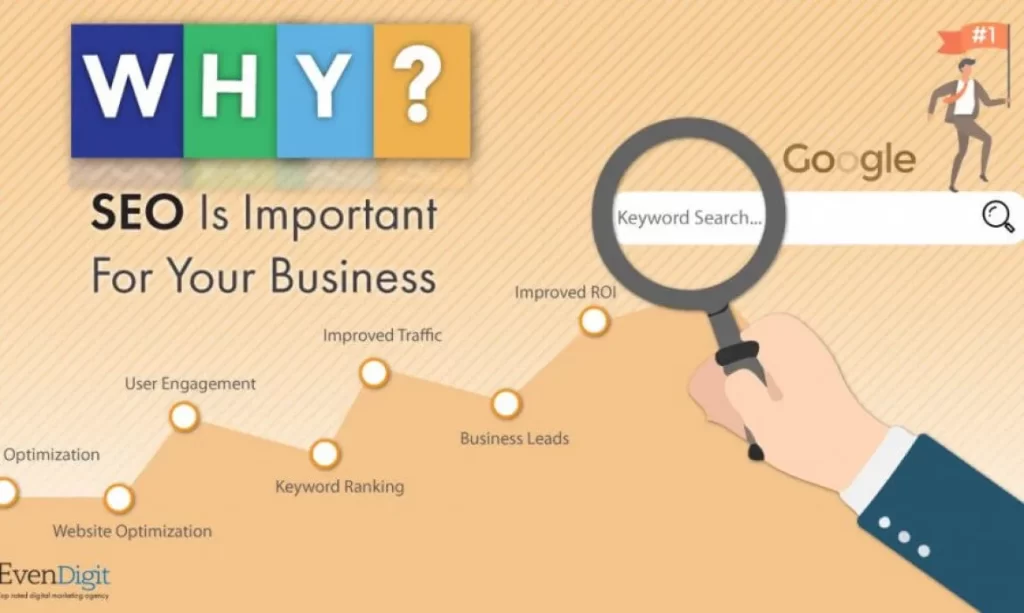
Why SEO is Essential?
Magento is a powerful e-commerce platform that offers a lot of features and customization options, making it a popular choice among online store owners. However, having a feature-rich e-commerce platform is not enough to ensure the success of an online store. In a highly competitive e-commerce market, online store owners need to take additional steps to stand out from the competition. SEO is one of the most important ways for online stores to stand out from the crowd.
SEO helps online store owners optimize their websites for search engines, making it easier for potential customers to find their websites. With SEO, Magento store owners can increase their website’s visibility, drive more traffic, and ultimately increase sales.
AYSA.AI: The Best SEO Automation Software for Magento Stores
To make SEO easier for Magento store owners, there are various SEO automation software tools available on the market. However, not all SEO automation software is created equal.
When it comes to choosing the best SEO automation software for Magento stores, AYSA.AI is the clear winner.AYSA.AI is an SEO automation software specifically designed for the e-commerce industry, making it an ideal choice for Magento store owners. With AYSA.AI, Magento store owners can automate their SEO efforts, saving time and resources. AYSA.AI’s advanced algorithms analyze a store’s data and provide actionable insights to improve SEO.
With AYSA.AI, Dosinescu has created an SEO automation software that helps Magento store owners improve their SEO and ultimately increase their sales.
The Benefits of Using AYSA.AI for Magento Stores
Using AYSA.AI can benefit Magento store owners in several ways.
Here are some of the benefits of using AYSA.AI for Magento stores:
1. Automated SEO
With AYSA.AI, Magento store owners can automate their SEO efforts, saving time and resources. AYSA.AI’s advanced algorithms analyze a store’s data and provide actionable insights to improve SEO.
2. Customized Solutions
AYSA.AI’s solutions are customized to meet the specific needs of each Magento store. AYSA.AI analyzes a store’s data and provides personalized solutions to improve SEO.
3. Improved Search Rankings
With AYSA.AI, Magento store owners can improve their search rankings, making it easier for potential customers to find their store. Improved search rankings lead to more traffic and ultimately more sales.
4. Increased Sales
AYSA.AI’s SEO automation software helps Magento store owners increase their sales by improving their search rankings, driving more traffic, and improving the customer experience.
In conclusion, SEO is essential for the success of Magento stores. With the right SEO automation software, such as AYSA.AI, Magento store owners can automate their SEO efforts, save time and resources, improve their search rankings, and ultimately increase their sales.
If you want to continue researching a related topic:
Tips for Magento e-Commerce SEO
Boost Your Magento E-commerce Website’s Visibility: A Guide to Adding SEO with AYSA.AI
